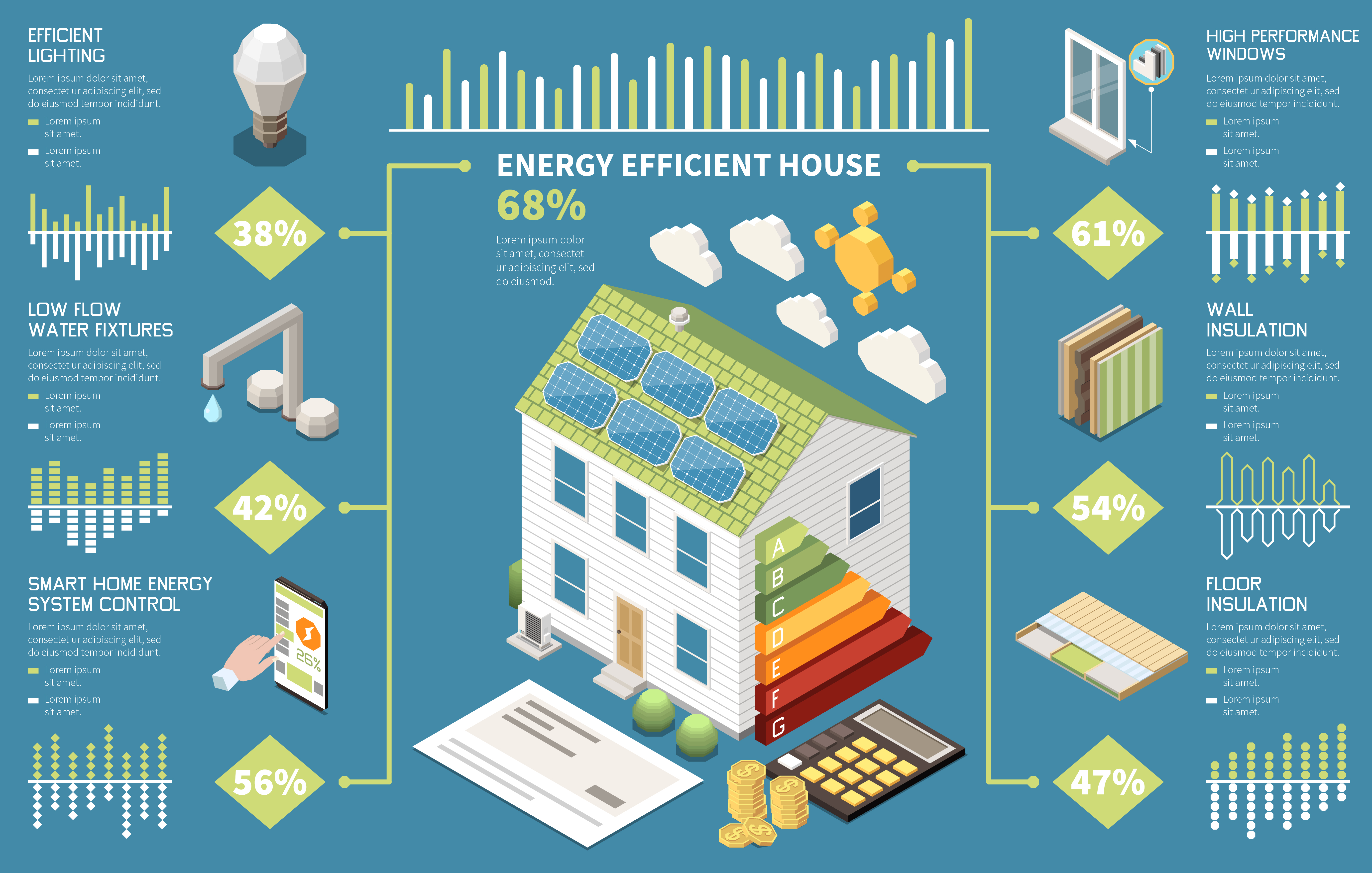The ‘sharing economy’ and ‘peer-to-peer’ accommodation market in the UK has seen the number of short-term lettings in England increase significantly in the past few years, and this is largely due to sites such as Airbnb, HometoGo, Tripping.com, and many other sites like them who are opening up the short-term rental market to the general public.
In 2019 (the most recent data available due to the suspension of data collection due to the COVID pandemic), the GB Tourism Survey by Visit Britain and Visit England found there were an estimated 11.76 million trips involving self-catering accommodation in Great Britain. As the market leader – Airbnb, so far in 2022, has seen more than 7 million listings (worldwide) and more than 2.9 million hosts offering rooms in their properties; and with regular hosts earning an average of £11,321 per annum, it’s unsurprising to see the numbers growing over time.
With the COVID-19 pandemic having caused widespread damage to every industry on the planet, it’s no surprise that the hospitality industry was massively impacted, and the way in which people are enjoying holidays, breaks, or UK staycations has evolved to fit their needs. Even before the pandemic, the ‘staycation’ trend had been growing, and with more people looking to holiday domestically rather than abroad, the market for hosting rooms and booking short trips is booming.
 Is Hosting Your Rooms in the Short Term Profitable?
Is Hosting Your Rooms in the Short Term Profitable?
If you’re not operating a full-time rental business, or aren’t looking to have a long term tenant, it can be appealing to offer your space on a ‘case by case’ basis, and sites like Airbnb allow you to choose the dates that you have available, and to set your room rates.
These rates generally see a higher return on investment than longer lets, especially in high traffic areas, at peak times of the year, or when there are local events taking place that see more tourist demand for accommodation.
This has to be balanced against the costs and fees. Most of the hosting platforms come with associated fees for registering or listing (sometimes both), and you’ll need to calculate these costs into your prices.
You also need to look beyond the digital costs, and make a careful note of other associated costs; such as cleaning services, security, wear-and-tear, insurance coverage, maintenance, replacements, and so on.

When a guest books with you, at the minimum, they will expect a clean room, with furnishings, crockery and cutlery, bedding, soft furnishings, towels, etc – all at a hygienic and appropriate standard; and it’s your responsibility to manage these.
You are also responsible for checking with any necessary providers (such as mortgage and insurance) to make sure your existing plan covers any level of letting (or sub-letting if applicable), and determine if any additional costs they ask for are within your calculated margins for still making a profit afterwards.
Can Airbnb and Other Sites Like it Be a Viable Source of Income?
Renting any property, for any period of time, is a commitment between you and your guests / tenants. You have to make sure you know exactly what your role/s and responsibilities are, and that you’re covered legally, morally, ethically, and functionally. Even short-term lets like Airbnb are still a commitment of time, money, and resources – and it’s not something you should go into lightly. Many of these platforms are two-way, in that they allow
customers to review their stay, but they also allow the hosts to review their guests.
Taking the time to evaluate your potential guests, and screen any potentially problematic ones (whilst being careful not to discriminate), is vital – you want to be sure that you’re not putting yourself, others, your property, or other assets at unnecessary risk, or even potentially damaging your ratings with insurance companies etc with excessive claims.
Having said this, these sites can be, and for many people – are a viable source of income. However, you must do your research – not all bookings can be guaranteed, we saw with the pandemic how quickly rooms were emptied, and social distancing restricted the ability to bring in customers, and short-term lets are no different – you can’t guarantee that because you make a date available, that people will book it.

When you’re planning ahead, you need to work out your costs, and the minimum you need to make to cover these – then add the amount you need to make to hit your desired profit margins and divide that over the number of days you need to book to make it happen.
Committing the time and effort to your accounting, then making the dates available, marketing the rooms properly, and (importantly) providing a high standard of service which will result in positive customer feedback is all essential – whilst it might seem like ‘business-lite’ because ‘it’s just a room’, if you’re planning on making an income from these sites – then it’s business proper, and will take a full commitment.
At the end of the day, how much of your home (or properties) you open up to your guests will depend on how much time, effort, and money you want to spend on making this work – some people are highly successful and go on to make hosting rooms their full-time occupation, whereas others just use it as a now-and-again way of making some extra cash.

Whichever way you choose to go, it’s important that you look at what’s on offer, examine and evaluate your local area (determine how much people want to pay for staying in your community), whether you’re going to offer ‘experiences’ to bring in extra funds, and make sure you know what your costs are – once you’ve done this, and you’ve got the bookings coming in, then you’ll be able to decide whether it’s an appropriate income stream for you.








